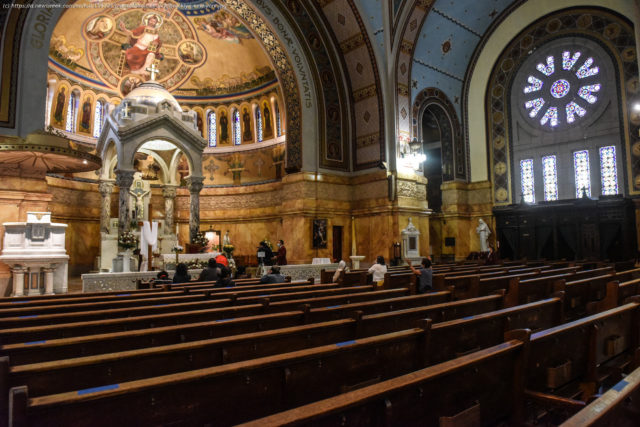It is long past time to let religious Americans return to the pews.
As America struggles to reopen following the COVID-19 pandemic, some have openly suggested that, even though millions of Americans are returning to a variety of social settings—like retail businesses, laundromats and even cannabis dispensaries—attending church in-person is still too dangerous to be allowed.
Two months ago, we wrote that « asking houses of worship to briefly suspend large gatherings is neither hostile toward religion nor unreasonable in light of the threat. » For us, so long as those reasonable restrictions on our otherwise-precious civil right to religious liberty were temporary and evenly applied, the threat posed by COVID-19 supported reasonable intervention by state officials.
Unfortunately, some government officials quickly stepped over that reasonable and respectful line. Just days after our article, on Good Friday, First Liberty Institute filed a legal challenge against the mayor of Louisville (also home to the Southern Baptist Theological Seminary). A day later, Judge Justin Walker restrained Louisville’s actions, noting that, « Louisville has targeted religious worship by prohibiting drive-in church services, while not prohibiting a multitude of other non-religious drive-ins and drive-throughs—including, for example, drive-through liquor stores. »
Currently, states like California, New York, and Maine continue to impose unyielding restrictions upon the nation’s houses of worship. « The precise question of when restrictions on particular social activities should be lifted during the pandemic, » Chief Justice John Roberts recently suggested, « is a dynamic and fact-intensive matter subject to reasonable disagreement. »
Justice Kavanaugh, writing also for Justices Thomas and Gorsuch, disagreed in at least one important respect. He concluded that the plaintiff church raising its concern to the U.






